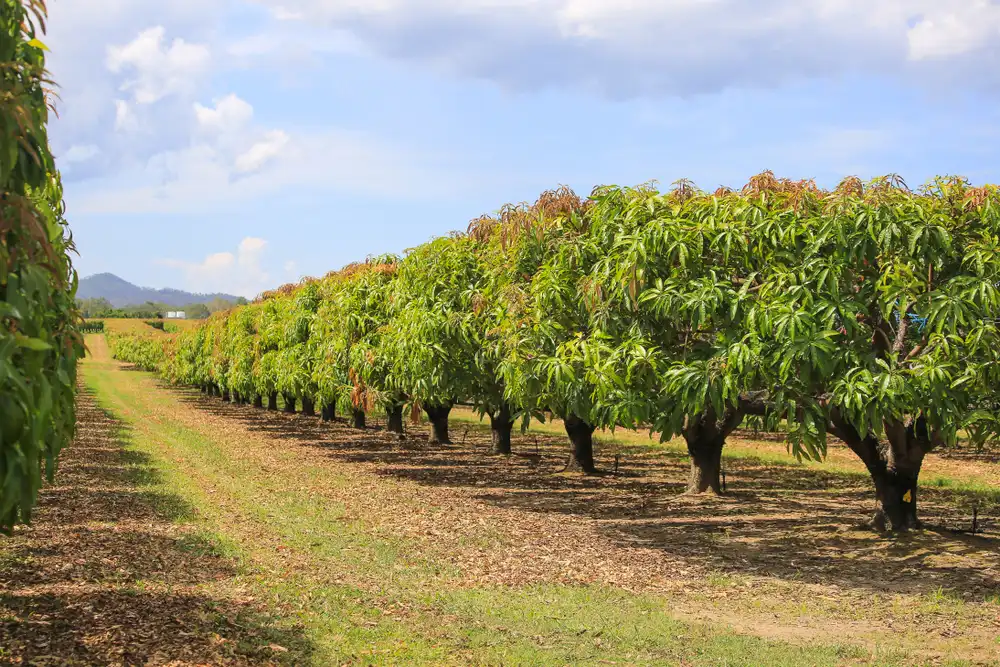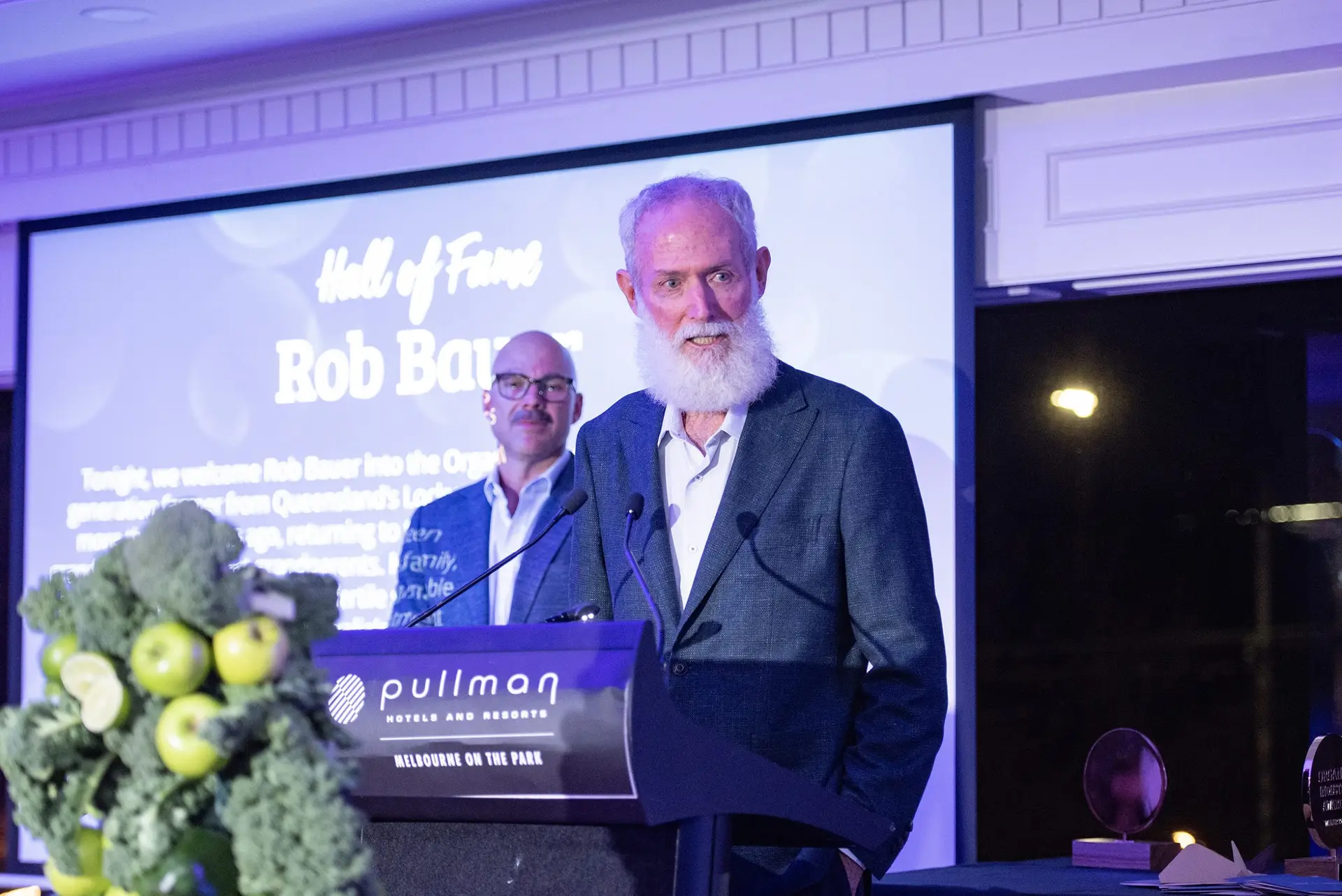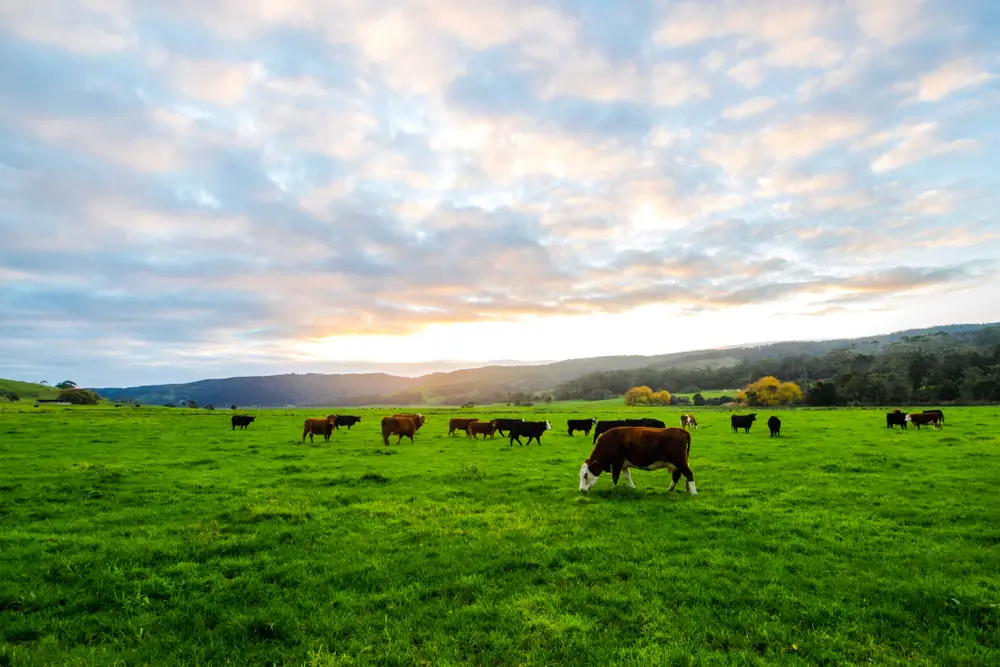There are many female trailblazers across the certified organic supply chain; women who have overcome gender-specific obstacles to provide the organic community with fantastic products and services. When it comes to agriculture, some of the challenges that women face can be even more pronounced.
International Day of Rural Women is upcoming on Saturday, 15 October 2022. This is a welcome opportunity to recognise and celebrate the women progressing organic agriculture in Australia, while reflecting on the role that women and girls play worldwide in sustaining rural communities.
On a global scale, more than 40 per cent of the agricultural labour force in developing countries are women. As stated by the United Nations:
Giving women the same opportunities as men could rise agricultural production by 2.5 to 4 per cent in the poorest regions and the number of malnourished people could be reduced by 12 to 17 percent. Yet they face significant discrimination when it comes to land and livestock ownership, equal pay, participation in decision-making entities, and access to resources, credit and market.
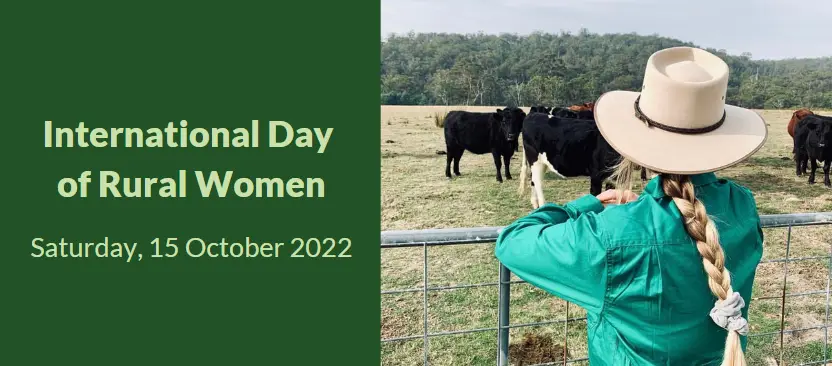
Female leadership in Australian organics
When it comes to the Australian organic industry, there is no shortage of rural women who are working hard to move the industry forward.
One such leader is Central Queensland beef cattle producer Melinee Leather, who operates Leather Cattle Company alongside her family and is a committed advocate for long-term sustainability in agriculture.
The Leathers have invested in a variety of sustainability initiatives across their properties, where they produce both certified organic and humane certified beef.
As an industry advocate and committee member for Cattle Council of Australia and Australian Beef’s Sustainability Steering Group (SSG), Melinee has witnessed an increase in female representation across the sector.
“Females now hold a number of leadership roles, board and committee positions as well as CEO and management positions. It is refreshing to see so many young females stepping into these roles as well. They seem to have a lot more confidence than when I started out,” Melinee said.
“Diversity of any description is powerful for any business or organisation; it brings balance and broader perspectives to the table. Women are often very good at communication and are generally empathetic, organised and tolerant of the needs of others. A balance of diversity is so important as everyone can bring their own special talents collectively to make a dynamic team.”
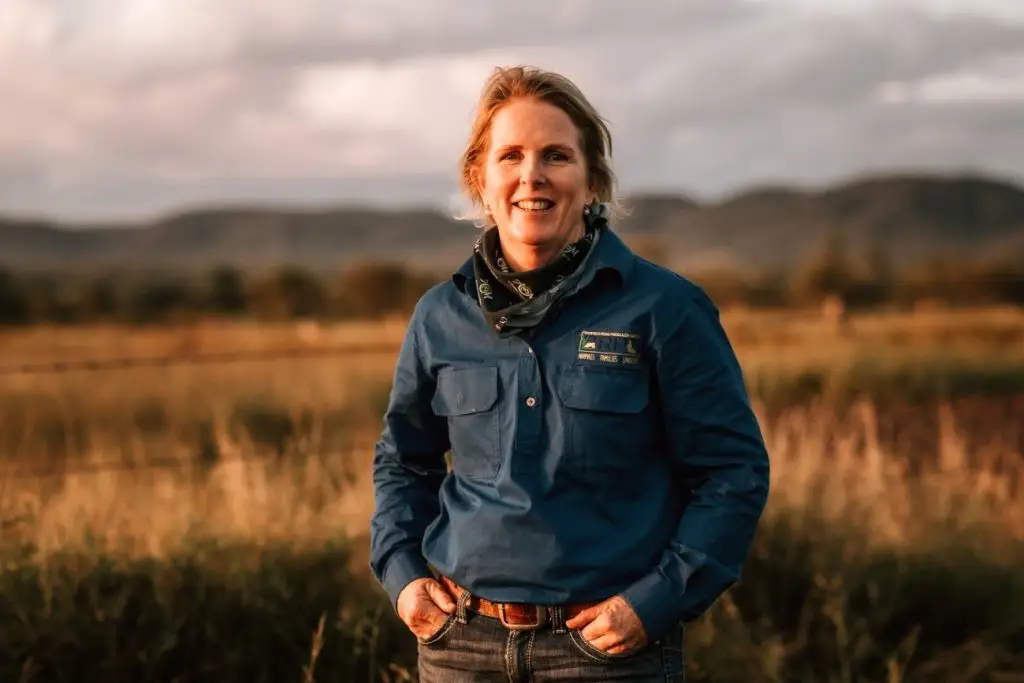
When it comes to future programs and initiatives that could empower women seeking a career in agriculture, Melinee believes education and training should be key focus areas.
“We have to be more considerate to those women who are the main caregivers to children and in some instances ageing parents; these women require more support with childcare and respite so they can participate.”
“For rural areas, fixing the basic needs of connectivity, health and education would be a huge help to rural women. They are often so busy trying to keep up and deal with what most take for granted that they miss out on opportunities that arise.”
“As for the beef sector specifically, we need to ensure there is good understanding around the topic of food & nutrition security meeting environmental sustainability, along with carbon, biodiversity and natural capital. These are complex issues, and we need to prioritise training in this area.”
